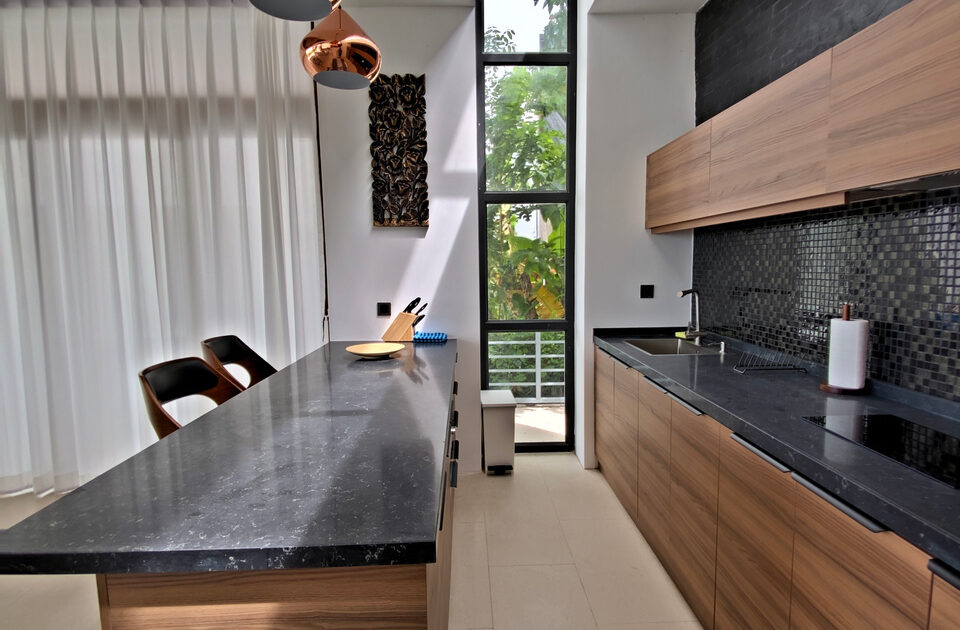When buying property in Thailand, understanding the types of ownership structures available is essential. The two primary options for foreigners are freehold and leasehold ownership. Each structure comes with its own set of characteristics, benefits, and limitations. Knowing these can help guide you toward a property investment that aligns with your financial and lifestyle goals.
Freehold Ownership
Freehold ownership is the most secure and straightforward form of property ownership in Thailand. When you own a property as a freehold, you own it outright, indefinitely, with your name on the title deed. This is the preferred form of ownership for many foreign buyers, particularly for those looking to make long-term investments or wanting to secure a legacy asset.
Top 5 Characteristics of Freehold Ownership:
1. Permanency: Ownership is indefinite, granting the holder full rights to the property as long as they maintain it.
2. Inheritance: Property can be passed down, offering generational security and investment potential.
3. Legal Simplicity: Property registered under Thai law in the owner’s name ensures fewer legal complexities in the event of sale or transfer.
4. Resale Flexibility: Freehold properties are easier to sell, as they tend to be more attractive to potential buyers.
5. Less Restricted for Condos: Foreigners can own condominium units as freehold, up to 49% of the building’s saleable area.
However, there are limitations for foreigners. Land ownership in Thailand is largely restricted to Thai nationals, and while foreign buyers can own condominiums freehold, purchasing landed property requires more complex structuring, often involving a Thai spouse or a long-term leasehold for land, paired with freehold for the structure itself.
Leasehold Ownership
Leasehold ownership is another popular option for foreigners looking to own property in Thailand. In this structure, a foreigner leases the land or property from the owner, usually for a term of 30 years, with the option to renew for another 30 years. Though it does not provide the same level of ownership as a freehold, leasehold is often the best way for foreigners to gain control over landed property in Thailand.
Top 5 Characteristics of Leasehold Ownership:
1. Long-Term Lease Duration: Initial leases are typically for 30 years, with the possibility to extend up to 90 years.
2. Renewal Rights: Some lease agreements allow renewals for additional terms, though they are not always guaranteed.
3. Cost Efficiency: Leasehold properties often have a lower upfront cost compared to freehold properties, making them attractive for foreign buyers.
4. Flexibility in Property Type: Foreigners can lease both land and houses, allowing greater access to property types than freehold ownership.
5. Option to Sell the Lease: Leaseholders can transfer or sell their leasehold interest, providing some degree of liquidity and investment flexibility.
While leasehold ownership provides a way to invest in property without outright ownership, it comes with certain drawbacks. Leaseholds do not carry the same resale value as freeholds, and renewal options can be uncertain, especially in cases where heirs inherit the lease. Additionally, when the lease term expires, the property reverts to the landowner unless it is renewed.
Pros and Cons Summary
Freehold ownership offers long-term security, ease of transfer, and is generally preferred for condominium investments, though it is limited in terms of land acquisition for foreigners. Leasehold, on the other hand, allows foreigners to access a wider range of property types but comes with expiration terms and potential uncertainties around renewal. For those looking for a more permanent arrangement, freehold may be ideal, while leasehold may better suit those seeking flexibility and lower costs.
Engage with Koh Samui Property Sales & Management (KSPS&M)
Whether you’re interested in a freehold condominium or a leasehold villa, Koh Samui Property Sales & Management (KSPS&M) is your local expert for finding the right property in Koh Samui.
Our portfolio of listings, both freehold and leasehold, are fully compliant with Thai building codes to ensure peace of mind with every purchase. Contact us to discuss how we can support you in achieving your Koh Samui property goals—our expertise, local knowledge, and commitment to quality are unmatched. Let us guide you through the Thai property market with confidence!
—
Disclaimer: This post is intended for informational purposes only and does not constitute official legal advice. We highly recommend consulting with a qualified legal professional to discuss the specific details of your property ownership goals in Thailand.
